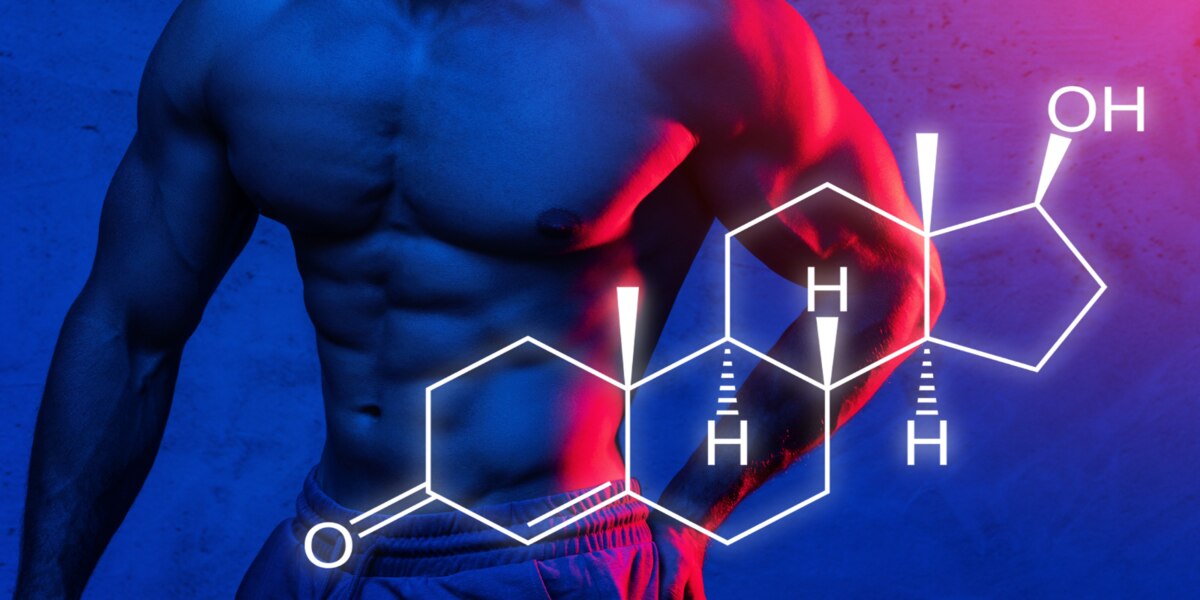What is testosterone? Often unfairly associated with male aggression which transcends gender and personality types. Let’s learn how it influences everyone’s lives.
This hormone’s origin traces back to gestation, and as individuals hit puberty, typically around 10 to 14 years old, the body begins producing regular levels of testosterone.
Andrew Greenberg, MD, from Tufts University’s Jean Mayer USDA Human Nutrition Research Center, highlights this pivotal phase in its formation.
What is Testosterone Exactly?
Testosterone, classified as a sex hormone, is vital for male growth and development, though its influence extends beyond.
Harvard Medical School points out that while primarily produced in the testes, testosterone is also secreted by the ovaries and adrenal glands in females. However, the levels in women are approximately one-tenth of those found in men.
Functions of Testosterone
- Sperm Production: According Dr. Disha Narang, an endocrinologist at Northwestern Medicine Lake Forest Hospital, underscores its involvement in the production of sperm.
- Voice Deepening: Testosterone contributes to the deepening of the voice during puberty, leading to vocal changes.
- Facial and Body Hair Growth: This hormone plays a key role in the growth of facial and body hair, a hallmark of male secondary sexual characteristics.
- Libido and Erectile Function: Testosterone is a driving force behind libido and supports erectile function, essential aspects of male sexual health.
- Development of Male Genitalia: It is instrumental in the development of male genitalia, a crucial process during early growth.
- Bone Density and Muscle Mass: Dr. Andrew Greenberg, director of the obesity and metabolism lab at Tufts University, notes that testosterone contributes to the increase of bone density and muscle mass, crucial for overall strength and structural integrity.
- Metabolic Regulation: Testosterone might counteract fat accumulation in the abdomen, which is linked to metabolic disorders. This aspect underscores its potential impact on overall metabolic health.
Impact of Low Testosterone
Low testosterone levels, often referred to as low T levels, are a common occurrence due to age-related decline.
This can lead to noticeable effects. Dr. Cynthia Stuenkel, a clinical professor of medicine at UC San Diego School of Medicine, emphasizes that women also experience these effects due to their lower baseline testosterone levels.
Symptoms can include reduced energy, mood changes, decreased libido, and changes in cognitive function.
Addressing Low Testosterone
Recognizing the symptoms associated with low testosterone is essential. Seeking medical advice is crucial, according to Dr. Greenberg. Medical professionals can consider a range of symptoms to diagnose the condition accurately.
Treatment options are diverse and can be tailored to the individual’s needs. Skin patches, gels, injections, and other forms of hormone replacement therapy are available.
Conclusion
Testosterone, often misunderstood and mischaracterized, is a hormone that shapes human development and health across genders. Its roles extend beyond mere physical traits and encompass fundamental aspects such as bone health, muscle mass, and metabolic regulation.
Recognizing the diverse impacts of testosterone, dispelling misconceptions, and seeking appropriate medical guidance for any related concerns are essential steps toward a more informed perspective on this crucial hormone.
Share your thoughts in the comments below!








Leave a Reply
You must be logged in to post a comment.